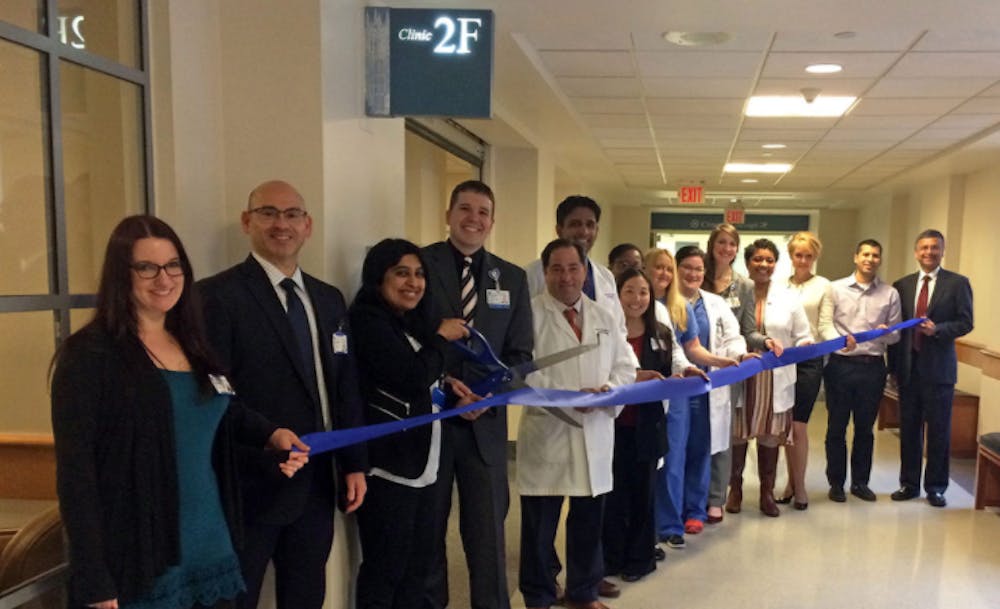The new Duke Perioperative Pain Care clinic, which opened earlier this month, is seeking to help patients recover from surgery without chronic pain.
Spearheaded by Duke's anesthesiology department, the clinic provides patients with procedures for pain management, with increased attention to the pain medication prescribed as well as physical fitness assessments and exercises. The clinic also provides care individualized to each patient’s pain levels and goals after undergoing surgery.
“There is a huge opportunity right now to improve health care services, and one of the areas with opportunity to do so is pain management. Pain comprises a huge portion of health care spending, " said Dr. Padma Gulur, professor of anesthesiology and the clinic's medical director. "So, we at Duke Anesthesiology explored gaps in care so that we could decrease spending on pain."
Out of Duke's 40,000 yearly surgeries, the anesthesiology department found that among the top 35 percent of patients who required the most resources for treatment, only one in 10 of those patients actually benefited from the resources in place.
“We noted that the first time a patient interacted with our specialty care service was in the recovery room, following their surgical procedure," Gulur said. "This is less than ideal because we often times realize ways to have optimized the patient’s situation and prevented pain, like changing prescriptions or attending to behavioral risks."
Beyond a need for preoperative care, Gulur noted that providing patients with a pain-management plan only after the surgery is not sufficient.
“Patients are often not ready for routine outpatient care after being discharged," she said. "They might need a gentle hand back into the community, which didn’t exist. Eight out of 10 patients don’t follow plans provided, and patients being readmitted to treat pain is common."
The clinic is perioperative, which means that it conducts thorough check-ins with patients before, during and after their procedures. Gulur explained that the reason this service was not provided before was because it cost extra.
“Preventative care is not easily reimbursed in the current ‘service healthcare system,’" Gulur said. "It’s more of a value service, but as we move towards value-based health care, which focuses more on whether a patient’s health improves, programs like this clinic will flourish."
Physicians hope that the clinic will help decrease patients' reliance on opioids for pain relief. The clinic could also spur a higher rate of patients returning to work following surgical procedures.
Commitment from the anesthesiology department at Duke and leadership at the Duke Hospital made the clinic possible, Gulur explained.
She added that an improvement in functional recovery post-surgery could catch the attention of peer institutions—a step to work toward.
“With data proving that good progress can be made with the clinic, we hope that there will be national change, and that these services will be provided to more and more patients," Gulur said. "We ultimately hope our clinic can serve as a model that other health care systems can adopt."
Get The Chronicle straight to your inbox
Signup for our weekly newsletter. Cancel at any time.

